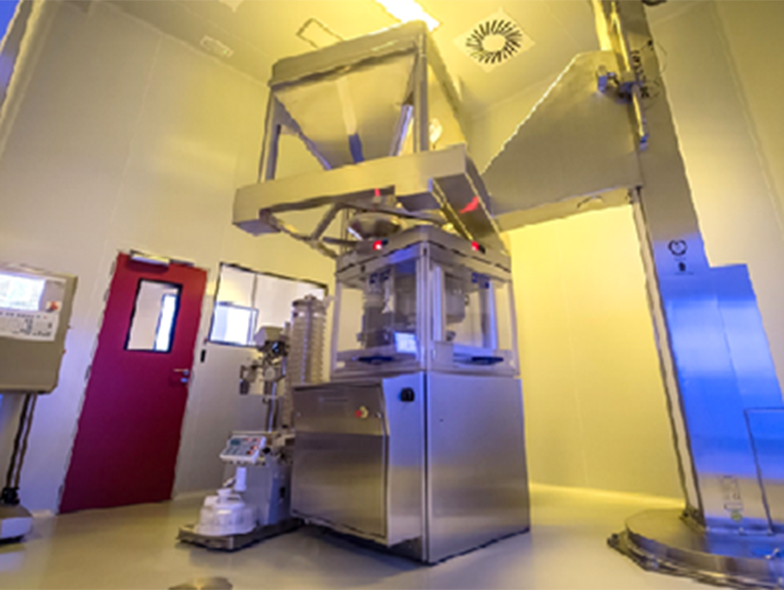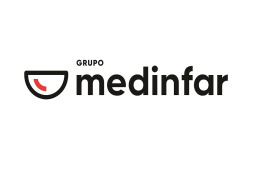Redundancy is key in finished product supply

Like adding more than one API source in a Marketing Authorization’s production chain, MA holders should add an alternative site for finished product manufacturing to resist potential shortages.
Farmalabor, the CMO arm of the Medinfar Group in Portugal, has been working with clients that have identified the risk of being left without stock because of increased lead times from these clients’ single-source finished product manufacturers.
By manufacturing validation batches to generate the documentation needed for the regulatory approval of Farmalabor in the Marketing Authorization, the MA holder gains flexibility in its supply chain. After all, if the norm is having more than one API supplier registered in the MA, why has it taken so long to conclude that we also need more than one registered finished dosage manufacturer?
Whether you’re looking to shift production of your pharmaceutical product closer to your European markets or add a second European finished dosage site to your Marketing Authorization for redundancy, talk to us at Farmalabor, part of the Medinfar Group. Our experience in non-sterile solid, liquid and semisolid formulations, with manufacturing, packaging, quality control and batch release services, all from well-connected Portugal - by sea, air or land - will support your supply chain needs.
Drug product shortages are nothing new, but media attention in the wake of the Covid pandemic have brought the topic to the fore. There are differences in risk depending on the type of pharmaceutical product: vaccines, innovative drugs, generics and over-the-counter (OTC) products have variable impacts in the patient population in case of shortages.
Redundancy is key.
For OTC drugs, patients will ask for the medicine by its name (registered trademark). Shortages can mean confusion to patients that have never heard of alternative brands to treat their condition. For OTC companies, this means sales that may not come back due to the reputational damage or simply because patients will try and stay with a substitute that served them when they needed it most.
For generics, alternatives typically exist on the market in case of shortages. The problem is more noticeable in the case of molecules with fewer competitors on the market, when these are also undergoing supply woes, or if the relative importance of the product in short supply is high for the generics company faced with the problem. An unreliable supplier will be less likely to maintain a steady business with wholesalers and pharmacies. Total cost of production must be weighed in, not just ex-factory unit prices, but also transportation, insurance, EU batch release and the cost of shortages themselves. When all these are computed, European generics production is still economically viable. Considerations to environment and safety, not just of individual manufacturers, but regarding the infrastructure and regulations in place at the manufacturer’s country, also need to be addressed and evaluated due to compliance risks.
For most companies looking to add a finished dosage manufacturing site, the costs of the tech transfer itself and the timelines involved are impediments to starting the process. Bad past experiences or misconceptions about what is involved can be clarified by speaking to a multidisciplinary team of professionals involved in product tech transfer. At Farmalabor, our team will bring their honed skills to the tech transfer project, running a gap analysis and proposing risk-mitigating strategies. It all starts with the will to make your supply chain more resilient. At this point in European pharmaceutical history, who can afford not to explore all available options?

Position your company at the heart of the global Pharma industry with a CPHI Online membership
-
Your products and solutions visible to thousands of visitors within the largest Pharma marketplace
-
Generate high-quality, engaged leads for your business, all year round
-
Promote your business as the industry’s thought-leader by hosting your reports, brochures and videos within your profile
-
Your company’s profile boosted at all participating CPHI events
-
An easy-to-use platform with a detailed dashboard showing your leads and performance